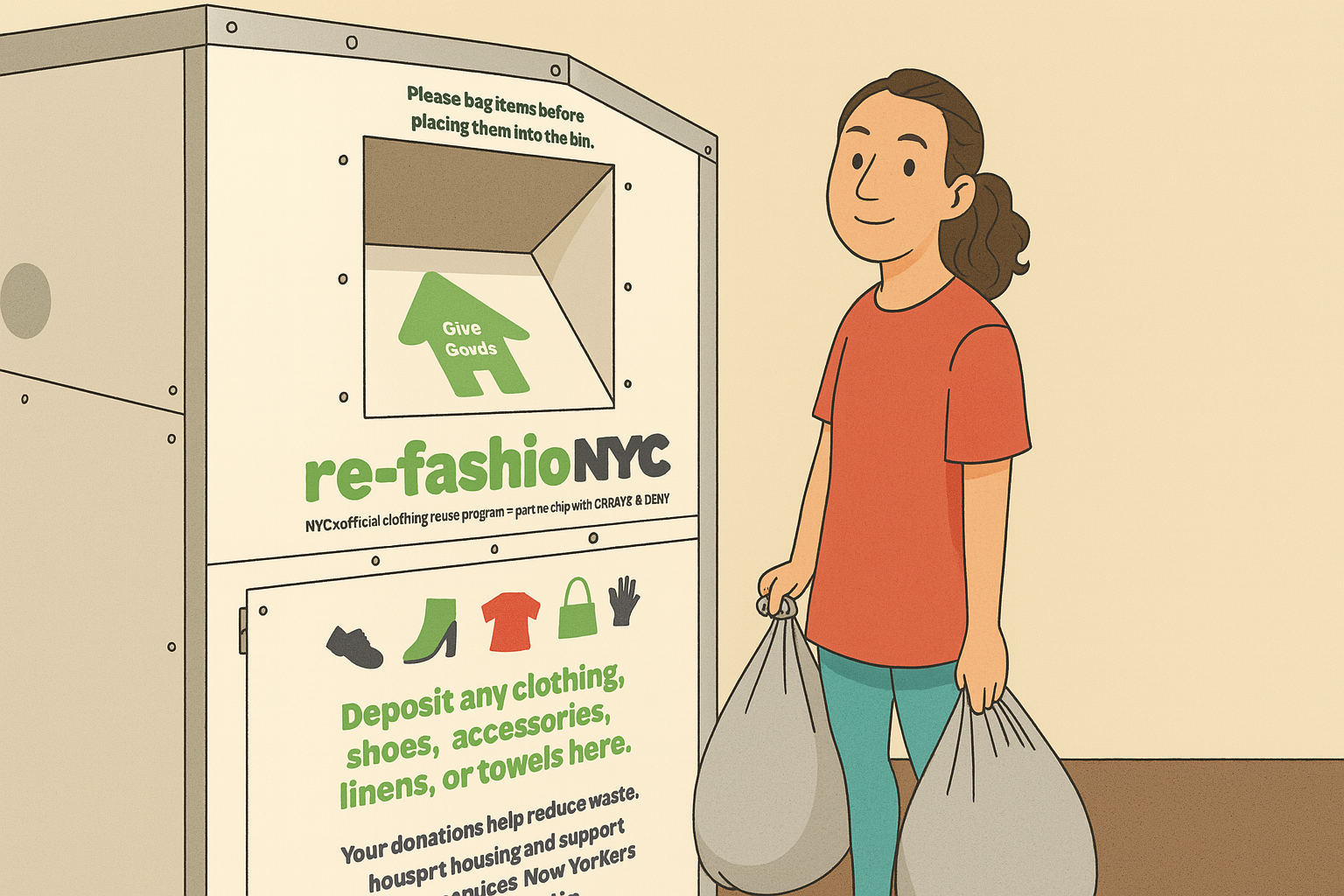How Cleaning My Closet Helped Me Rethink Sustainable Fashion

The last few weeks, I cleaned out my closet, then helped my friends clean theirs too.
We didn’t expect it to be emotional, but it was.
There were pieces we wore once, some still with tags, and others we forgot we even had. From shoes to scarves to outfits that never left the hanger, it all pointed to the same problem: excessive consumerism.
That day reminded me that fashion is no longer just about what we wear. It reflects how we live.
We own too much. But we can choose to do better.
Fast fashion makes it easy to overconsume. New styles drop weekly, prices feel disposable, and buying more often seems normal. But behind that convenience is waste: environmental, emotional, and economic.
I see it in my work. As a professor of marketing and international business, I teach students about sustainable marketing, ethical branding, and consumer behavior. As the co-founder of Pham Fashion House, I work with global partners to design and produce with care.
But these roles mean little if I don’t also live it.
So here’s how I’m contributing to sustainable fashion and a more eco-friendly lifestyle: in the classroom, in business, and in daily life.
1. In the Closet: Buy Less, Wear More
The most sustainable garment is the one already hanging in your wardrobe.
I stopped chasing trends a long time ago. I wear what I love, and I choose pieces that last. If something rips, I repair it. If it no longer fits, I find someone who can use it.
Now, I focus on building a capsule wardrobe with timeless, ethically made essentials. My closet is a space I respect—not just store.
2. In the Classroom: Connect Learning to Real Change
At Brooklyn College, my students create campaigns that connect sustainability with career success.
We’ve launched student-led donation drives like Dressed for Success BC, where clean, gently-used officewear finds new purpose in helping others.
Projects like these teach more than marketing. They show students how to lead with impact and explore careers in sustainable business and green entrepreneurship.
3. In Business: Sustainability Is Not an Afterthought
At Pham Fashion House, we choose materials carefully. We respect the craft, the people behind it, and the environmental cost.
We champion ethical manufacturing and responsible sourcing. From recycled fibers to organic cotton, we prioritize eco-conscious design while meeting the needs of larger-scale, quality-focused production partners.
This is not about being perfect. It’s about being intentional.
When you run a business, you make choices every day. I choose to design fewer pieces, made with better fabrics, that people want to keep, not toss.
4. In Daily Life: Small Habits Matter
- I bring my own bags.
- I donate instead of discard.
- I cook instead of over-order.
- I support local artisans.
- I pause before I buy.
These actions may seem small, but collectively, they help reduce fashion waste and promote a more sustainable lifestyle.
A sustainable lifestyle is not about doing everything. It’s about doing something, and doing it often.
Final Thought
The closet clean-out reminded me of something simple but important.
We don’t need more. We need to make more of what we already have.
As a professor, I teach these values. As a CEO, I put them into practice. As a human, I try every day to live them.
You don’t need a fashion degree or a business title to start. You just need to begin.
Maybe with a small closet clean-out. Or by wearing that favorite piece more often. Or just by asking, “Do I really need this?” before you click "add to cart."
Let’s choose sustainable fashion, not fast fashion.
Let’s build a sustainable lifestyle, one choice at a time.
At Pham Fashion House, we believe that sustainability begins with intention: how you design, how you wear, how you give back. We are committed to creating fashion that respects culture, community, and the planet.
From sourcing to storytelling, from closets to classrooms, we are here to help you live beautifully, responsibly, and with purpose.
Let that begin with what you wear.
Ngoc Cindy Pham
CEO & Co-Founder